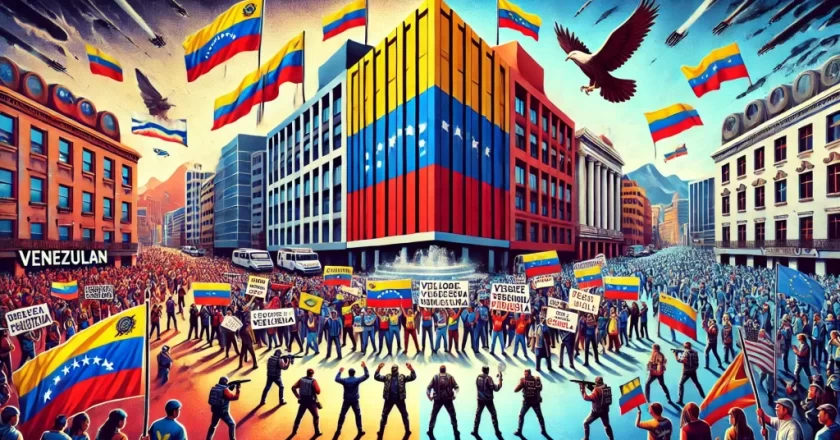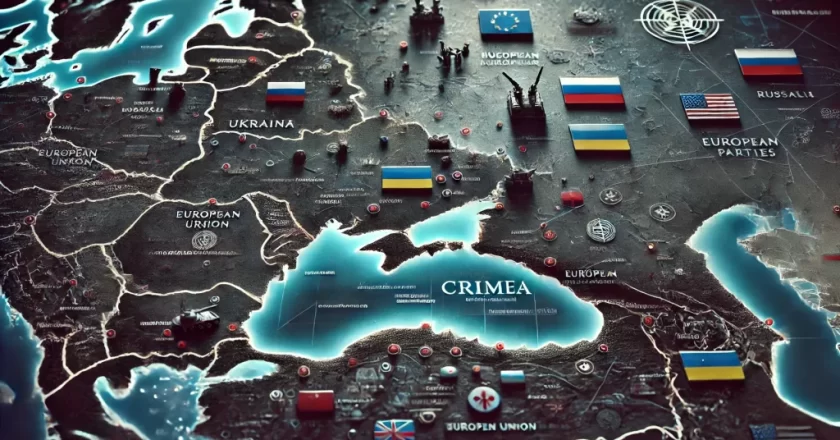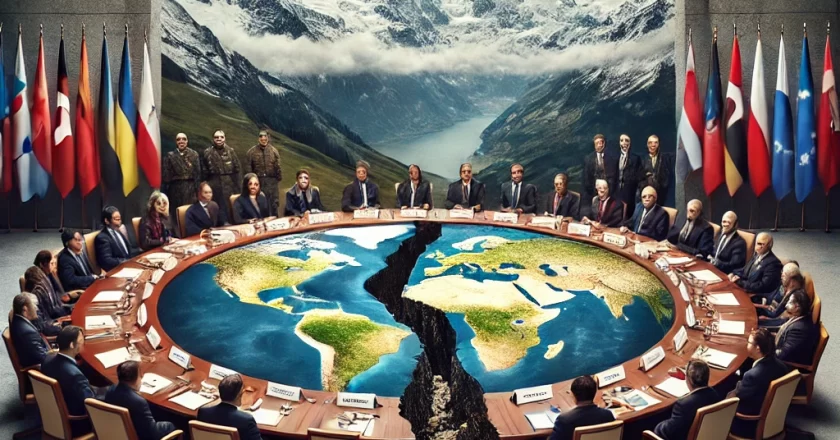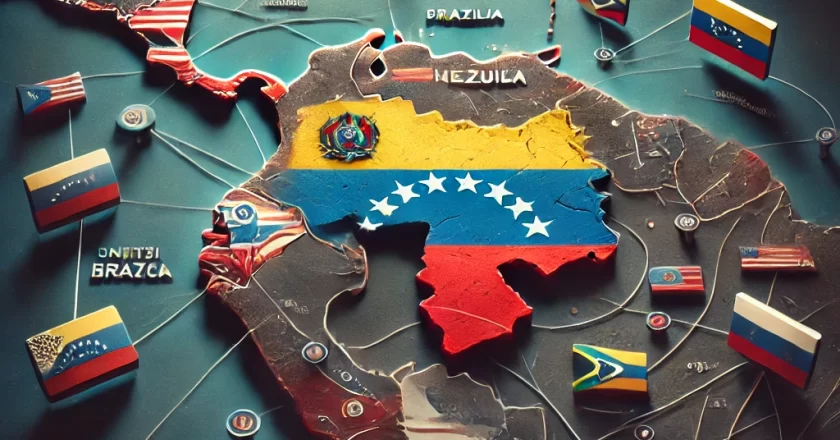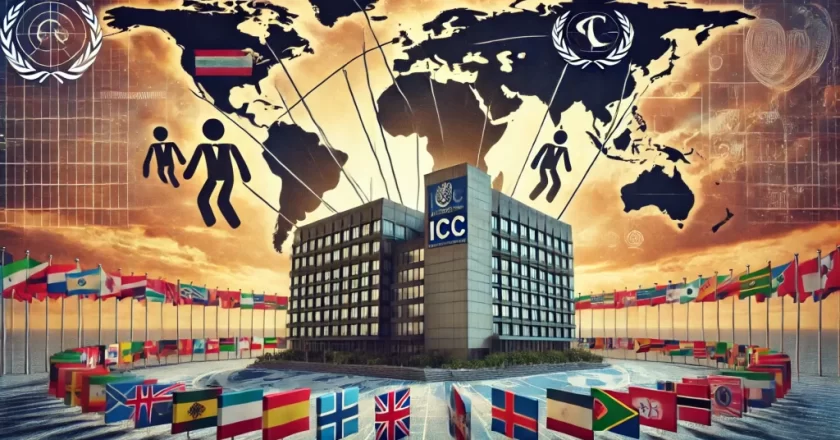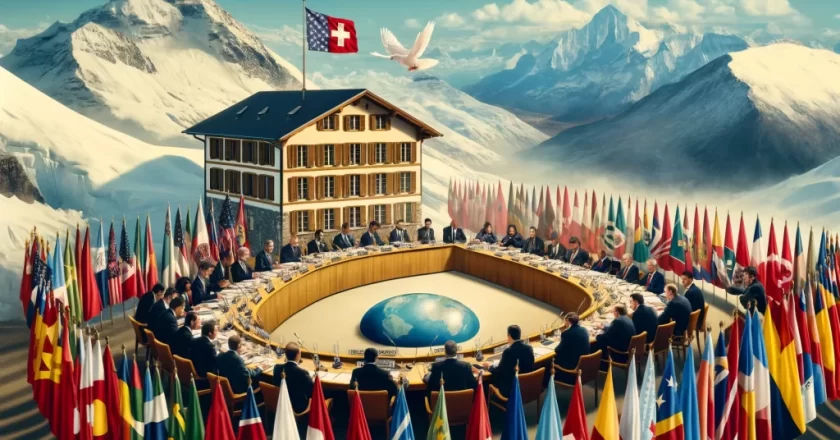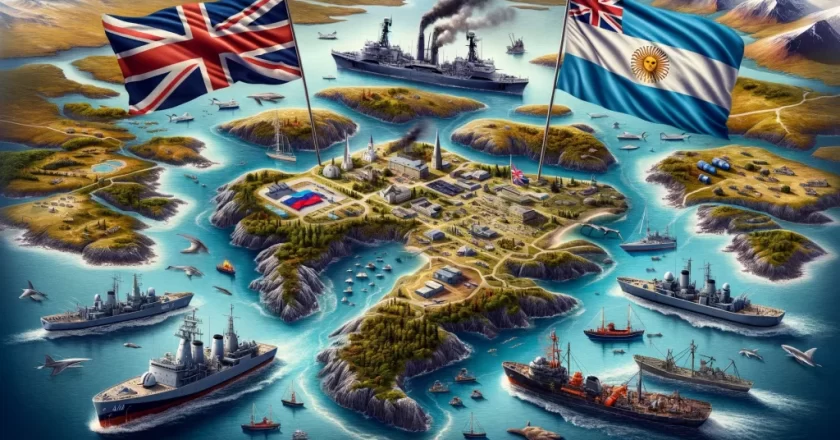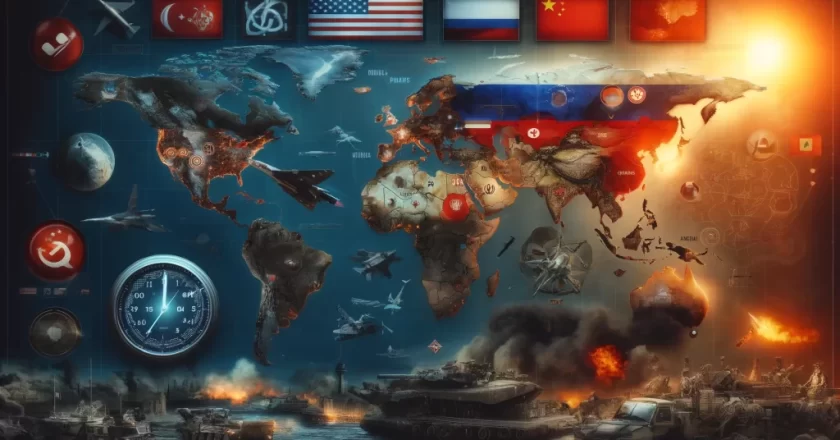Americas, Argentina, Asia, Brazil, China, Colombia, U.S, Europe, Mexico, International Organizations, Russia, European Union, Venezuela
Venezuela: challenges and perspectives after the elections
Venezuela is going through a delicate moment after the last elections, marked by controversies and political polarization. In the domestic setting, the atmosphere remains tense, with the government and opposition presenting opposing views on the country's future. The elections, seen by many as an attempt at democratic renewal, were criticized by sectors of the opposition and international observers due to questions about transparency and fairness in the electoral process.
Not domestic environment, the government has emphasized the legitimacy of the electoral process, pointing to the elections as a victory for national sovereignty and a demonstration that the country is on a path of stability and reconstruction. The government's demonstrations highlight the strengthening of Venezuelan institutions and the continuity of ...

